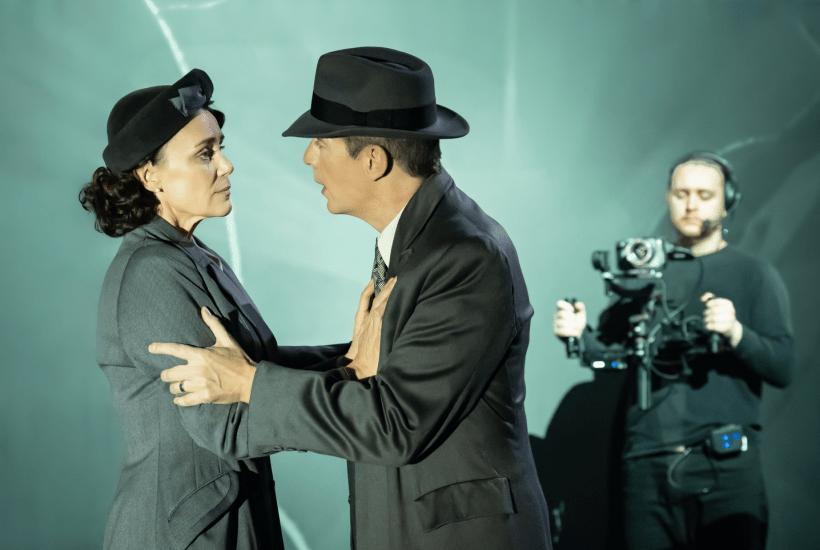Set in 1948, The Human Body is about four heroic women fighting to create the NHS despite opposition from right-wing extremists led by the ‘snob’ and ‘warmonger’ Winston Churchill. One of these heroic women is a Labour councillor, another is a physician on a bike, the third works at Westminster for a socialist MP and the fourth is a hard-working mother married to a violent drunk.
Already a subscriber? Log in
Subscribe for just $2 a week
Try a month of The Spectator Australia absolutely free and without commitment. Not only that but – if you choose to continue – you’ll pay just $2 a week for your first year.
- Unlimited access to spectator.com.au and app
- The weekly edition on the Spectator Australia app
- Spectator podcasts and newsletters
- Full access to spectator.co.uk
Or
Unlock this article
You might disagree with half of it, but you’ll enjoy reading all of it. Try your first month for free, then just $2 a week for the remainder of your first year.








Comments
Don't miss out
Join the conversation with other Spectator Australia readers. Subscribe to leave a comment.
SUBSCRIBEAlready a subscriber? Log in